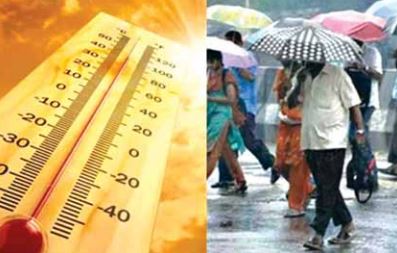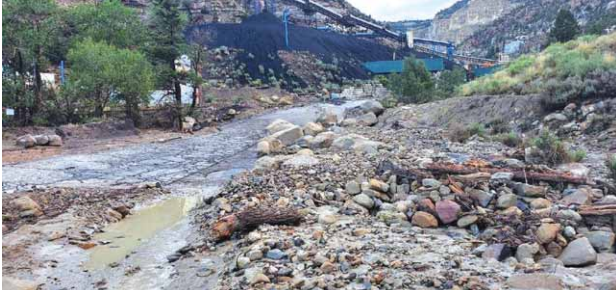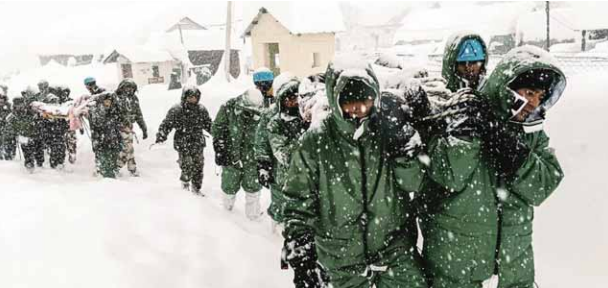The first five months of 2024 have seen a series of extreme weather events in India, including record-breaking heatwaves in the north and devastating floods and landslides in the northeast, raising concerns among climate scientists and the public alike. Earth system scientist Raghu Murtugudde from IIT-Bombay attributes these extremes to a combination of climate change, El Niño, and the aftermath of the Hunga Tonga volcanic eruption in January 2022.
Northern India has experienced sweltering heatwaves, with temperatures soaring to 52.9°C in Delhi—a record high. Vimal Mishra, a professor at IIT Gandhinagar, described this summer as potentially the worst in 120 years, with temperatures exceeding expectations by three to four degrees across a densely populated region. The heatwave, exacerbated by the urban heat island effect in cities like Delhi, has caused widespread public health concerns, power shortages, and water crises.
The extreme temperatures have also led to an increase in fire-related incidents and placed immense pressure on the region’s power and water resources. Delhi recorded its highest-ever power demand and driest May in a decade, while cities like Rohtak and Prayagraj registered all-time high temperatures.
Simultaneously, the northeast has been hit by flash floods and landslides, affecting over 600,000 people. Cyclone Remal, fueled by the warming Bay of Bengal, triggered these disasters. Murtugudde explained that late-season cyclones and shifting monsoon patterns are linked to ocean warming and wind changes caused by El Niño.
The unprecedented heatwaves are part of a broader pattern affecting South and Southeast Asia, made more likely by climate change, according to the World Weather Attribution group. The Copernicus Climate Change Service reported April 2024 as the warmest on record globally, marking the 11th consecutive month of record-breaking global temperatures.
As India braces for the monsoon season, scientists expect some relief with the predicted onset of La Niña, though they caution that the cooling effects may take time to manifest. The extreme weather conditions underscore the urgent need for climate action and adaptation measures to address the growing impacts of climate change.
Source:
Thehindu.com
India Faces Unprecedented Heatwaves and Extreme Weather Events in 2024






